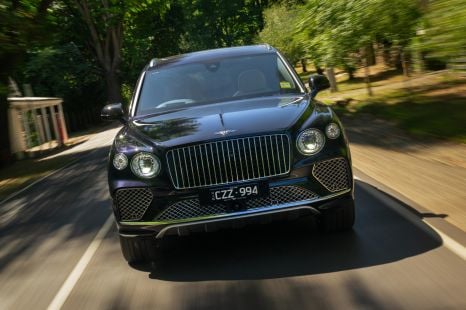

Josh Nevett
2025 Bentley Bentayga review
5 Days Ago
Volkswagen's new electric people mover and cargo van family have been priced in Germany, giving us an idea of what to expect for local pricing.

News Editor
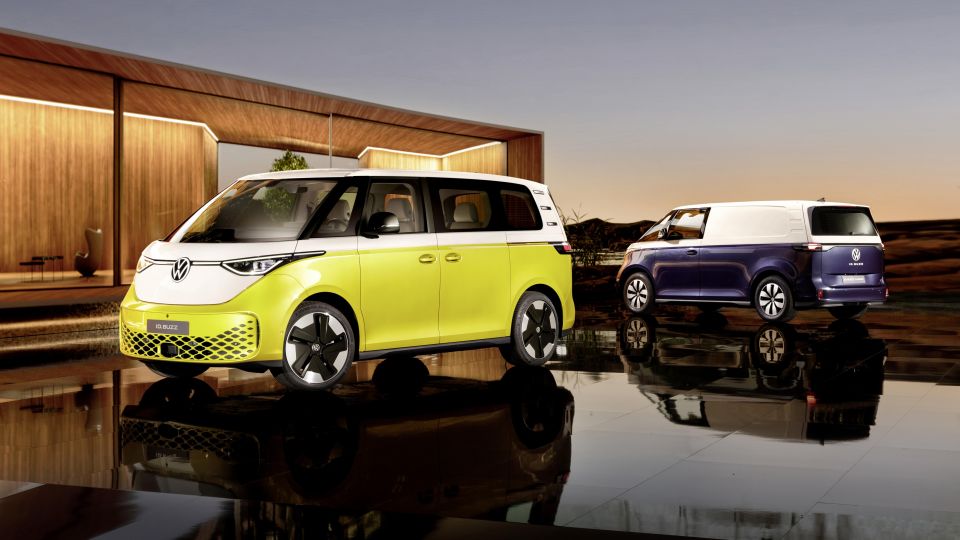

News Editor
Volkswagen’s funky new electric people mover – high on VW Australia’s wishlist –has been priced in its home market, and it won’t come cheap.
Orders are open in Germany for the ID. Buzz, which is priced from €54,270 in base Pro guise or €64,581 including value added tax (VAT).
That works out to be A$80,982-$96,368 based on current exchange rates, though these prices are before the German Government EV subsidy of €6000 (A$8943).
The ID. Buzz Cargo, naturally, is cheaper – €45,740 excluding VAT, or €54,430 including the tax (A$68,176/$81,128).
For context, the base ID. Buzz people mover’s German-market price puts it approximately €3000 below the base Mercedes-Benz EQV.
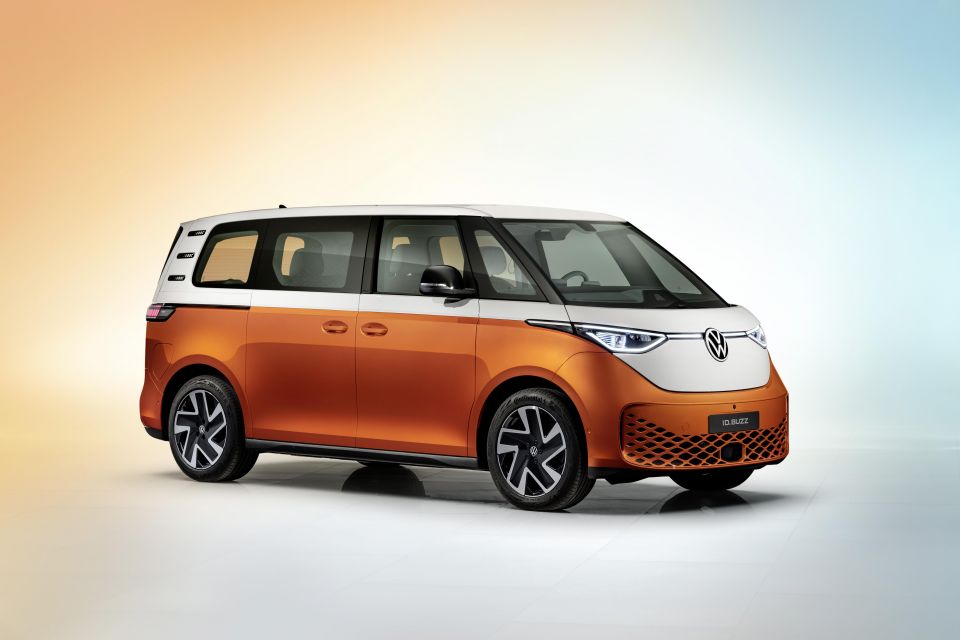
Including VAT but excluding the EV subsidy, the ID. Buzz and ID. Buzz Cargo work out to be €20,000 more than a base Multivan or Transporter, respectively.
The ID. Buzz people mover’s base price puts it above a base Porsche Macan (€64,464 including VAT) or 718 Cayman (€58,038), but below a base Touareg (€66,890).
The base Touareg in Australia, the 170TDI, is priced from $87,990 before on-roads; a base Macan costs $84,800 before on-roads in Australia.
Standard equipment on the ID. Buzz Pro includes a 10-inch touchscreen infotainment system, dual-zone climate control, wireless phone charging, colour-adjustable ambient lighting, LED headlights and tail lights, and 19-inch alloy wheels.
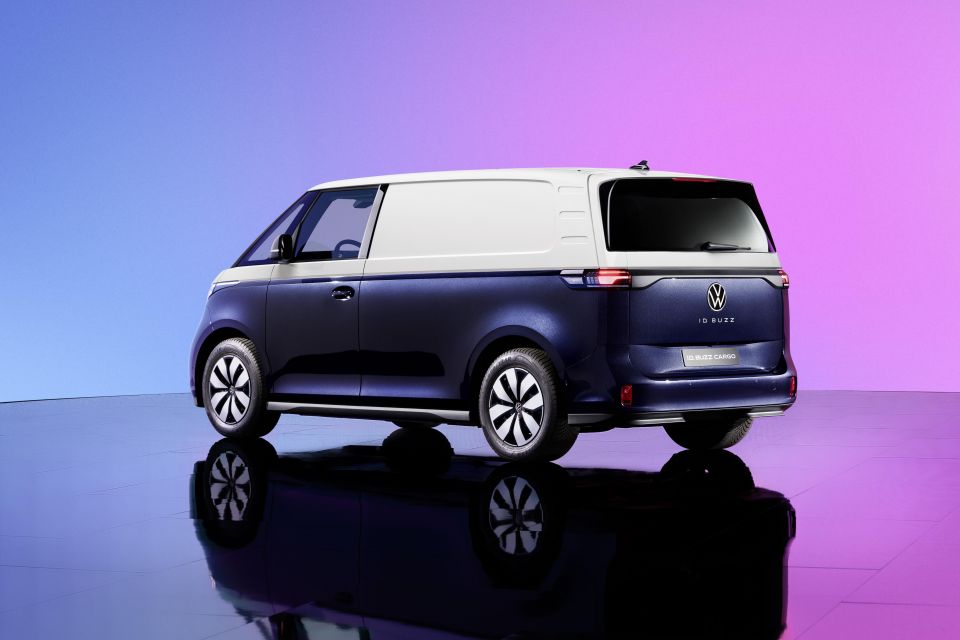
Despite demand, we’ll be waiting until late 2024 at the earliest to see the ID. Buzz and its ID. Buzz Cargo delivery van counterpart in Australia.
Our country’s lack of binding CO2 targets has pushed us down the priority list for Volkswagen.
“We’re constantly talking to not only local government, but fleet customers about what our future looks like for electric vehicles, because it’s in high demand, they want to move that way sooner [rather] than later,” Volkswagen Commercial Vehicles Australia brand director Ryan Davies told CarExpert last week.
“ID. Cargo is firmly on our radar as well as ID. Buzz, [but] probably the earliest we could anticipate selling it is late 2024.
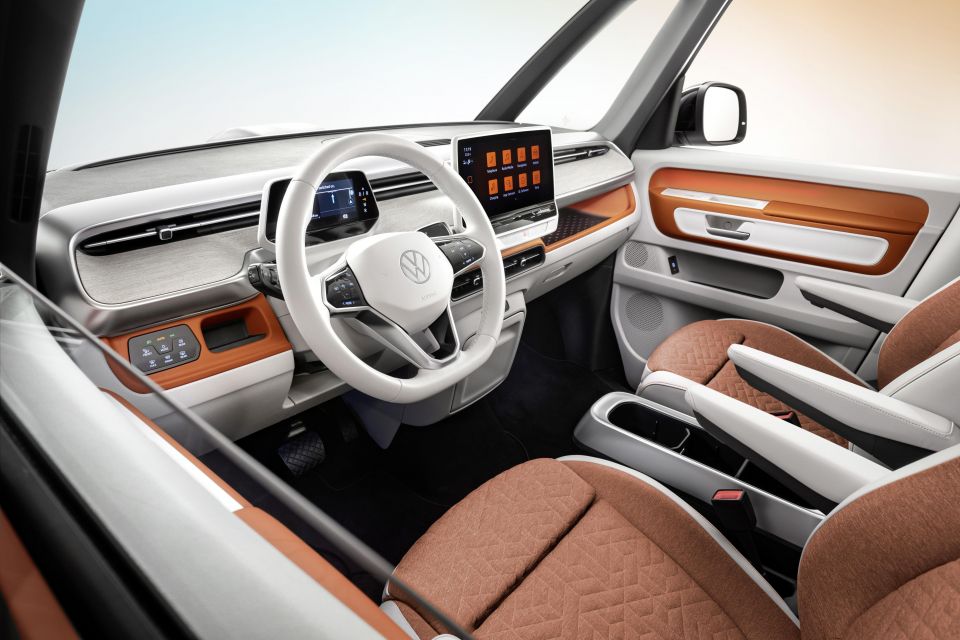
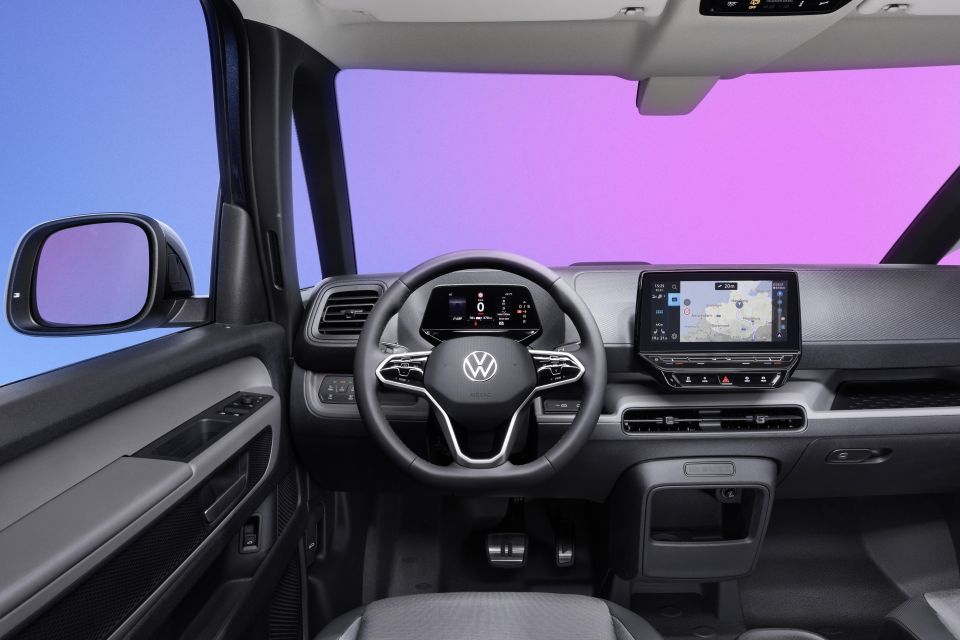
“We have big aspirations in terms of volume for that car, so we are confident that we’re going to get it. With what we have put on the table, with what we can achieve here from a volume perspective, we think the factory would be pretty happy with that appetite.”
The MEB-based ID. Buzz and Cargo use a 82kWh battery and a 150kW/310Nm rear drive motor, with claimed range of up to 423km (WLTP), and DC charging of up to 170kW.
Volkswagen globally has focused on selling its ID EV range (ID.3 hatch; the ID.4, ID.5 and ID.6 crossovers; and now the ID. Buzz and Cargo range) in Europe, China and North America first, where demand and incentives are greater.
In a similar story to the ID. Buzz, Australia is well down the priority list for the ID.4 and ID.5 crossovers.
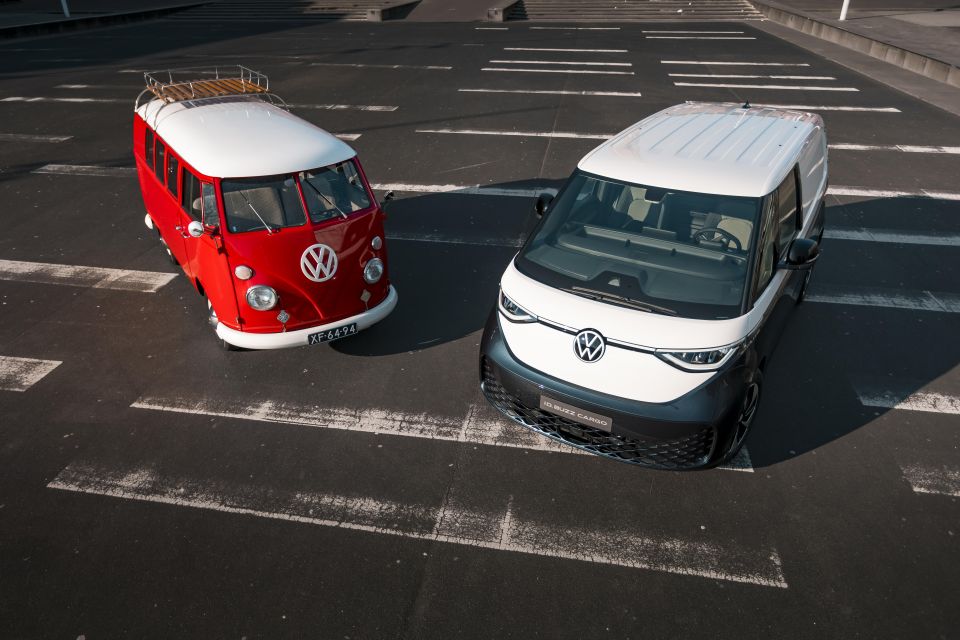
Though already on sale in some markets, they’re not on track for Australia until 2023 at the earliest.
The Volkswagen ID.Buzz and ID.Buzz Cargo are pitched as spiritual successors to the beloved Kombi, which remains an icon here.
Over the next few years the electric van space in Australia will grow considerably, with the introduction of the second-generation Renault Kangoo EV, Ford E-Transit (2022) and E-Transit Custom (2024), and the Mercedes-Benz eVito and EQV (2022) and eSprinter (2024).
Where expert car reviews meet expert car buying – CarExpert gives you trusted advice, personalised service and real savings on your next new car.
William Stopford is an automotive journalist based in Brisbane, Australia. William is a Business/Journalism graduate from the Queensland University of Technology who loves to travel, briefly lived in the US, and has a particular interest in the American car industry.


Josh Nevett
5 Days Ago
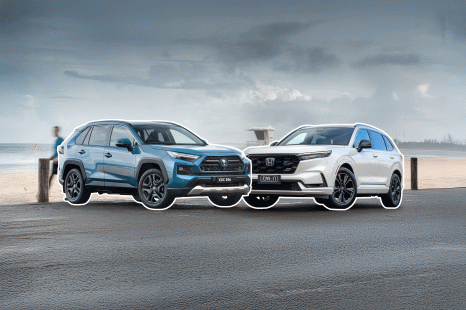

Andrew Maclean
5 Days Ago
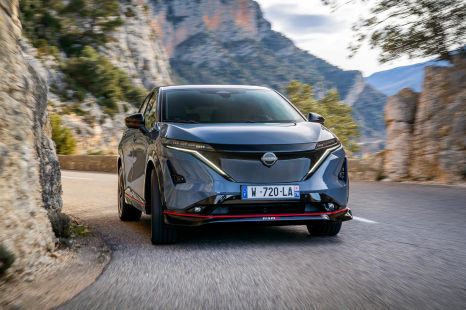

Shane O'Donoghue
4 Days Ago
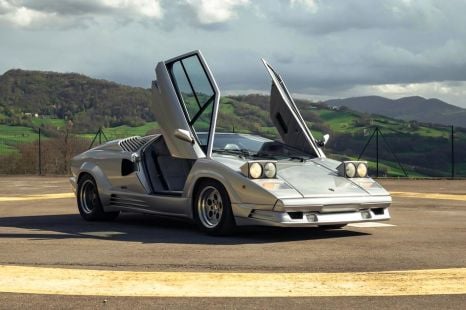

Anthony Crawford
3 Days Ago


Matt Campbell
2 Days Ago


James Wong
1 Day Ago